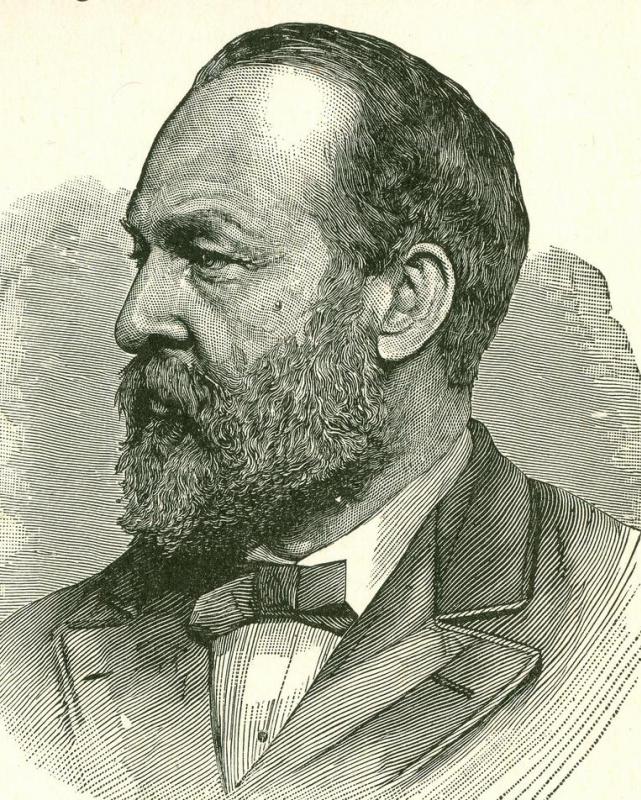At WiseGEEK, we're committed to delivering accurate, trustworthy information. Our expert-authored content is rigorously fact-checked and sourced from credible authorities. Discover how we uphold the highest standards in providing you with reliable knowledge.
What is the Pendleton Act?
The Pendleton Act is a federal law in the United States that established the rules and regulations regarding who could be hired for and retain jobs within the federal government. Traditionally, people who supported the election of a particular candidate were given the opportunity to take positions in the administration, while those that did not were forced from their jobs. The Pendleton Civil Service Reform Act was passed in 1883 in an effort to ensure that employees of the federal government were given jobs based on merit rather than political affiliation. This became particularly important as the role of the federal government magnified through Reconstruction after the American Civil War.
When the nation was founded, the federal government was a very small organization composed primarily of the representatives elected to office and their assistants. With the election of Andrew Jackson in 1828, the powers of the executive branch expanded significantly with the creation of new agencies. He specifically supported the concept of rotating federal employees with every new administration as a way of preventing a corrupt bureaucracy from forming. This ended up supporting the spoils system, a methodology in which large swaths of the federal government would be replaced each time a new president was elected.

Generally, civil service programs suffered from the constant shift of power. Employees worked for a number of years and generated a fundamental understanding of how to conduct business for the federal government only to be fired after a new election. This came to a head when a person seeking office in the administration of James Garfield was rejected. In 1881, he assassinated the newly-inaugurated president. A movement to mandate the merit system for federal employees was undertaken under the leadership of Chester A. Arthur. The proposed law was to become known as the Pendleton Act.

With the passage of the Pendleton Act, a merit system was set up for the major offices in the federal government. This basically established a way for a bipartisan oversight committee, the Civil Service Commission, to determine which people were best qualified for the position. By 1900, the only offices being held by political appointees were the senior positions in different departments. This was made even stronger through the passage of the Hatch Act of 1939, which stated that no civil servant could engage in partisan politics.
The Pendleton Act was again modernized with the Civil Service Reform Act of 1978. It abolished the Civil Service Commission and replaced it with three different organizations, each tasked with a different function. The Office of Personnel Management is responsible for ensuring the proper laws are followed when civil servants are hired. The Merit Systems Protection Board makes sure that management is following proper procedures regarding the merit system. It also created the Equal Employment Opportunity Commission, a group that ensures equal opportunity is given to all federal employees regardless of race, sex, nationality or creed.
AS FEATURED ON:
AS FEATURED ON:












Discussion Comments
I have a relative whose middle name is Pendleton and she went to law school and is a practicing attorney on the US west coast. I'm going to ask her if she knows of the Act. I hope she would.
@mitchell14, you're right that it would over-politicize. Considering that even now the US government struggles with problems of partisanship on nearly every level of its operation, it would be even worse if even more of the intrastructure was just chosen by whoever won the election. Civil service, as the Pendleton Act of 1883 and its later edits argue, should not be about politics, but rather about service.
The Pendleton Act of 1883 especially is something that many of us probably don't know by name, but has been so valuable to the United States political system. It seems that without it, most of United States politics would operate almost entirely on a system of nepotism, where the current administration hired who it wanted for everything in government; not only would this cause chaos with every new administration switch, as the article suggests, but it would over-politicize many other things as well.
Post your comments